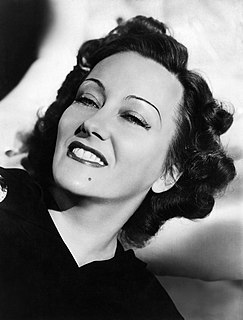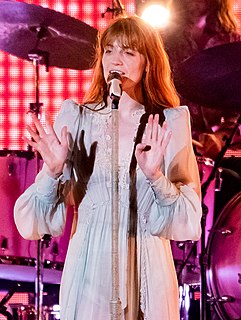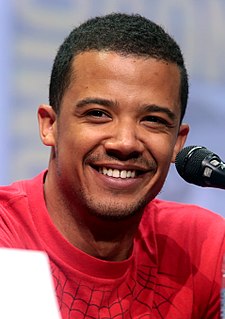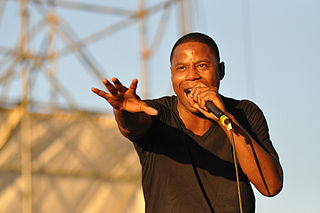A Quote by Jimmy Buffett
Places I've lived since then had to have some kind of uniqueness and character about them. And logically Key West, and then Down Island. So, all of that stuff sort of had it's roots in New Orleans and went crazy.
Related Quotes
I have a love-hate relationship with New Orleans, which is the strongest sort of relationship. I've had some extraordinary, beautiful, poetic experiences in this city and I've had some terrible experiences in this city. I'm drawn to New Orleans, in many ways feel I grew up in New Orleans, even though I'm from the West.
You write a character, but in essence, it's just a concept of what it could be, and then actors come in and they have their own sort of interpretations and thoughts. If you respond to those and then go forward with them, then it's kind of like magic to see the idea you had become alive and in the flesh.
Clay Felker was then - he had - to his credit, he had created New York Magazine, which was the first of the city magazines that covered the city and gave all kinds of advice and all that sort of stuff. And there were copies all over the country by the time he left. He had, however, a view of journalism that was very much, I must say, like Tina Brown's at The New Yorker. You hit 'em hard, fast, give 'em something to talk about the day after the paper comes out, as contrasted with William Shawn, who gave them something to talk about two or three years from then.
When I am with my family, then I can just sort of switch off. It's kind of weird, because I go back and I go into this bedroom that I have had since I was a teenager. It is like this parallel universe, because one minute I am on the red carpet and then the next I am hiding out in this room I have had since I was 15.
I've had a pretty crazy life. It's colorful ... reliving some of those closets that I had shut, locked and thrown away the key intentionally because it was painful to revisit a lot of those places - especially the loss of my buddy Robbie Tooley, the divorce of my parents, some of the things I went through as a kid, a lot of that stuff was locked up for a reason - it was painful. But at the same time, there was some therapy in revisiting some of those spots.
Once you click into a character, to a certain degree, you can do a lot else. You can do other stuff, then come back and click right into the character. It's sort of funny that way, the way the mind works. Once it's there, it's sort of there. For the stage, for example, all through the day, you're not onstage. You're living your life, la-la-la, then the lights go down, then boom! All of a sudden, you're in this thing. There's a kind of reflex muscle trigger that happens, and all of a sudden you're back into the role. It's just getting there in the first place that's tricky.
It seemed [there are] musical nodes on the planet where cultures meet and mix, sometimes as a result of unfortunate circumstances, like slavery or something else, in places like New Orleans and Havana and Brazil. And those are places where the European culture and indigenous culture and African culture all met and lived together, and some new kind of culture and especially music came out of that.
How sadly things had changed since she had sat there the night after coming home! Then she had been full of hope and joy and the future had looked rosy with promise. Anne felt as if she had lived years since then, but before she went to bed there was a smile on her lips and peace in her heart. She had looked her duty courageously in the face and found it a friend--as duty ever is when we meet it frankly.
But during all these years I had a vague but persistent desire to return to New Orleans. I never forgot New Orleans. And when we were in tropical places and places of those flowers and trees that grow in Louisiana, I would think of it acutely and I would feel for my home the only glimmer of desire I felt for anything outside my endless pursuit of art.
The first thing that happens is the cleansing of the former character. I don't think a lot of actors talk about it, but there is usually a process where you essentially purge yourself of the character played prior to the movie. Then you want to think about what the character represents, and you write down all of the elements about this character and then take the time to find some synchronicity and start breathing the character.




































